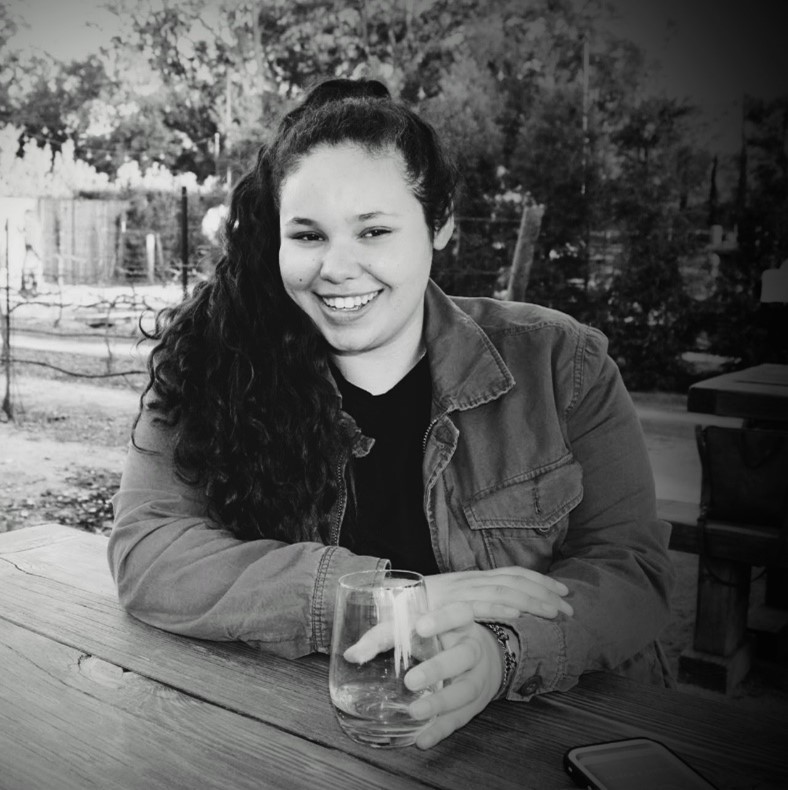What Are Trades and How Can I Get Started?

Have you ever heard the phrase “jack-of-all-trades?” Have you ever been interested in what trade jobs are? Are you not sure where to get started? Well, you came to the right place. Trade jobs are occupations that require a specialized skill or skill sets that you don’t usually find training for in a traditional high school or college settings. Those occupations range from electrical, carpentry, and medical assisting, to culinary arts, automotive, and even cosmetology. You can acquire the proper skills and required training for these trades through vocational studies, apprenticeships, or on-the-job training.
EDUCATION—HIGH SCHOOL AND BEYOND
One option for high schoolers to get started is through vocational programs, which are offered by local high schools. Most of the time, these are referred to as trade schools or vocational programs. Exploring these options in high school is a good way to see what kinds of jobs are out there, along with the chance to learn a new set of skills. Starting in high school is a good way to get your feet wet. It gives you the chance to see what work you enjoy and find what you are passionate about. Looking at all your options now gives you the chance to explore all the possible avenues you can take and the opportunities they hold.
If you have already graduated high school, don’t worry. There are still opportunities for you as well. There are formal learning environments for adults to get trade education, training, certificates, and licenses. The first step is to look for colleges that focus on the trade you have in mind. The best way to go about this is the simplest form of research—type the trade name along with the word “college” into your preferred search engine and see the number of opportunities that come up in your area. Most colleges do not require any prior knowledge or skills around your trade of interest when applying.
If a more traditional college setting isn’t a fit for you and your lifestyle, there are other options. There are schools out there that offer night courses, which can consist of classes at your local colleges. There are also vocational high schools that offer adult courses and certificate training at night as well. These programs provide you the education that is needed to enter your field of choice. When you pass these programs, you receive the licensing and certificates needed for some job positions.
HANDS-ON TRAINING
Is schooling not really your thing, but you are still looking to get started? Well, there are more ways to get training and education. Look for jobs available in your area that are considered entry level jobs or jobs that require very little experience. Some examples are prep cooks, apprenticeships, and shampooers. It is surprising how many job options are willing to teach others about their trade. This is referred to as on-the-job training. Most companies and businesses are willing to teach if you are willing to learn. Getting into a trade this way is a little harder and can take a little bit of time and patience. The key is just looking for the right business or company that is willing to teach you what you need to know. It doesn’t matter if the job is for roofing, carpentry, cosmetology, culinary arts, plumbing, or welding there are job opportunities out there that are looking to teach. There are businesses out there that offer the opportunity for on-the-job training, and some are even willing to pay for the courses, certificates, and licensing required.
Improve efficiency with our merchant, payroll, and ACH services.
Streamline Your Business Transactions
PREPARING FOR THE TRADES
When it comes to working in trades there are things you need to be prepared for:
- Working long hours on your feet, rain or shine—these jobs are not the traditional 9 to 5 jobs that have a specific start and end time. They can start early in the morning and end late in the evening or begin in the middle of the afternoon and end in the early morning hours.
- Being prepared to work hard and be flexible—that means staying until the walls are up or staying until the last table is served.
- Being able to handle lots of physical labor and standing on your feet every day.
- Working the holidays—Most trade jobs require you to work through the holidays or be on call and be available.
- Building your network— Working in trades gives the opportunity to work with people from around the world in places you might not expect.
- Traveling or working anywhere. Once you have the skills and the training there are plenty of opportunities to work around the world and throughout the United States. Trades are needed everywhere
It does not matter where you go; people need housing, electricity, plumbing, food, and health care. Having the knowledge of trade under your belt gives you the option to live and work anywhere.
INCOME EXPECTATIONS IN THE TRADES
People who work in the trades can make a good living. Based on Indeed, the average electrician can make about $55,495 a year, whereas a master electrician can make an average of $76,657 a year. This is not including overtime; electricians in the United States can make up to $10,000 in overtime. Welders can make an average of $58,026 a year with about $6,000 in overtime. Plumbers can make an average of $52,947 a year with an average $6,750 of overtime.
POSITIVE IMPACTS
Unfortunately, there are a few stigmas around trades and those stigmas can be viewed negatively. What some people don’t know are all the positive impact trades have on communities and local economies that prove those negative stigmas wrong. Trades keep communities moving, they make sure our vehicles are running and our homes are warm and standing strong. These businesses help local economies thrive. The people who work in the trades are the ones we call when we need heating or electricity. They are the ones we call when we need our homes repaired and the ones we go to when we don’t want to cook ourselves. There is a lot of pride and a sense of fulfillment that comes along with working in a trade. If that is what you are looking for, there just might be a trade for you out there.

Looking to Start or Grow Your Business?
Our business banking team can help finance your successful launch or expansion.
You Also Might Like

How to Ask for a Raise at Work: Four Questions to Consider

The Dos and Don’ts of Asking for a Raise at Work

Career Advice: 10 Tips for Your New Job Search

Stay informed
Stay up to date on financial tips, tricks, and tools that will build your financial literacy and help you live a more prosperous life.
